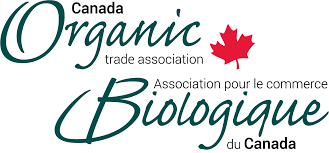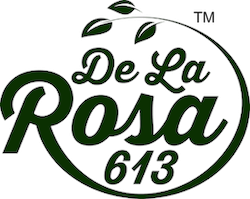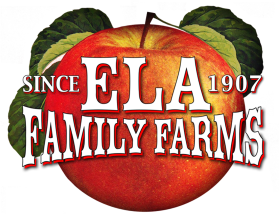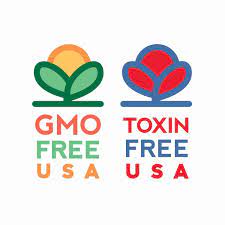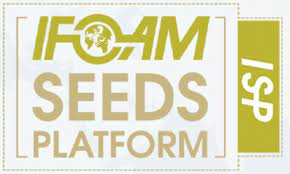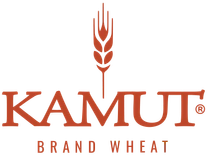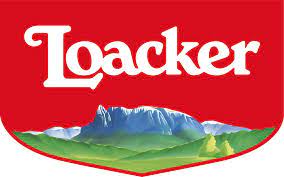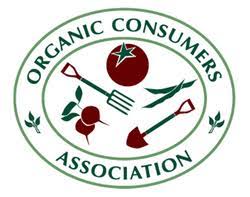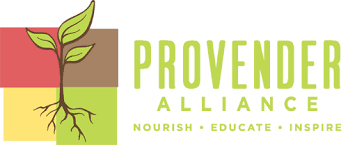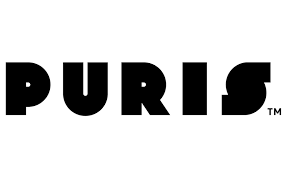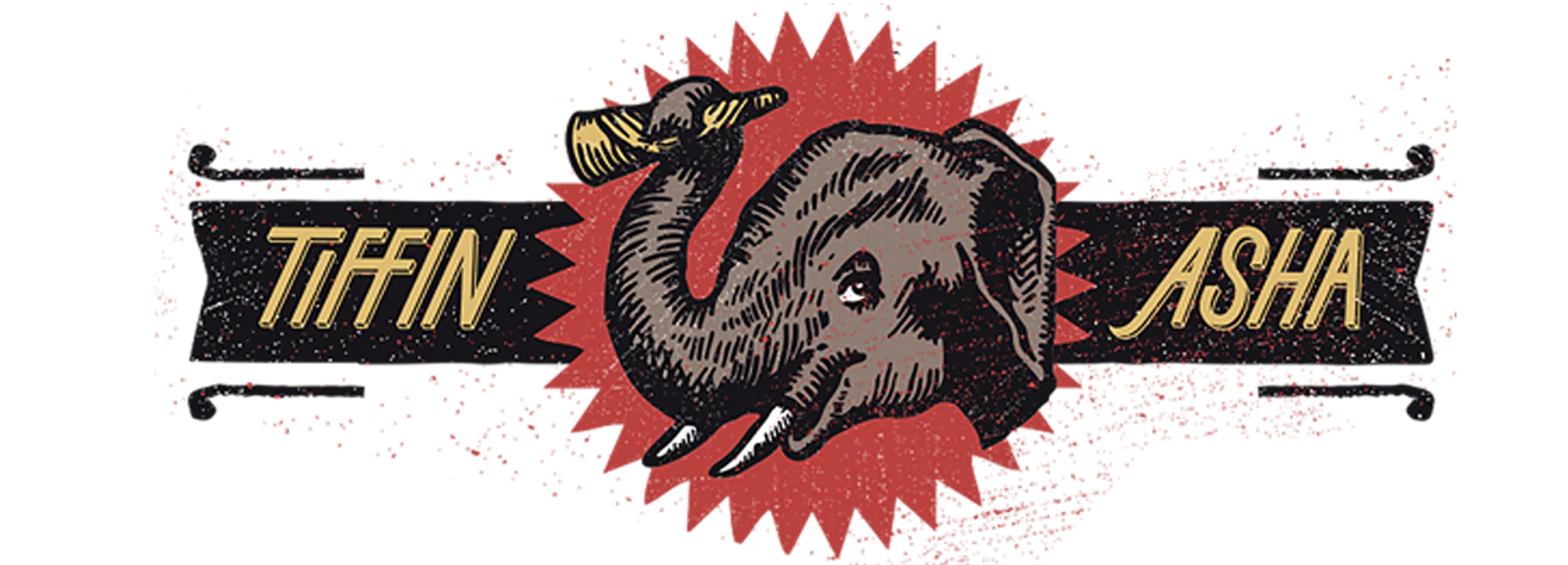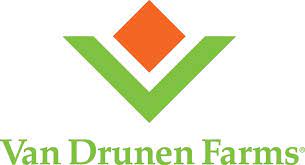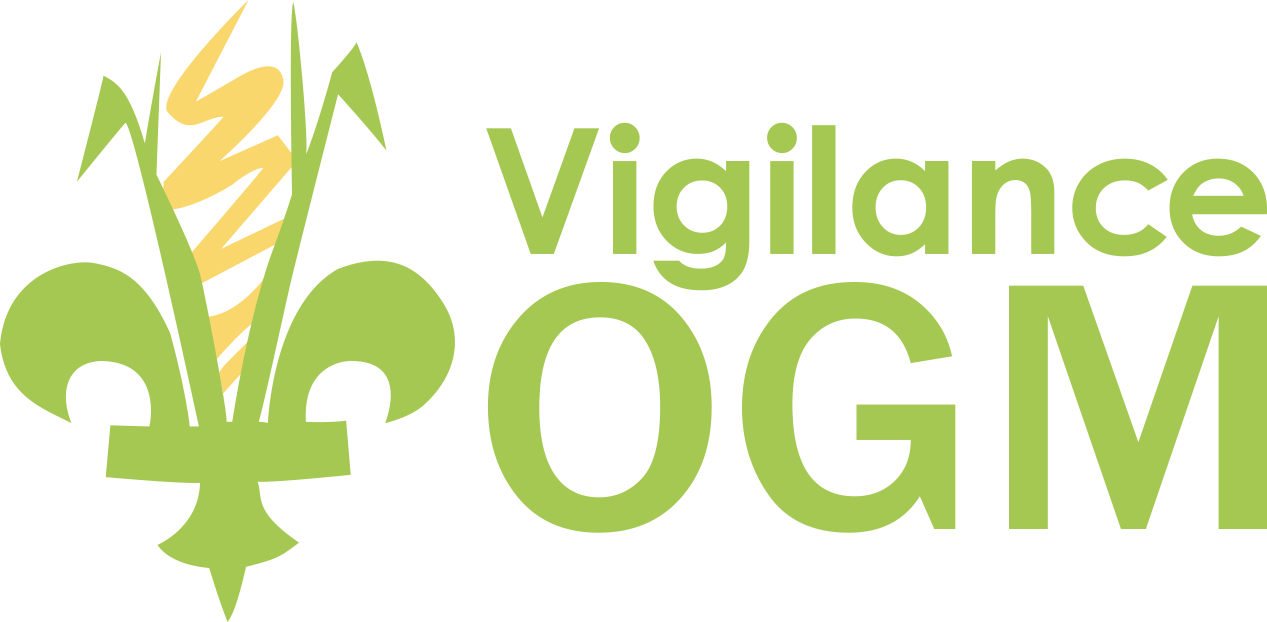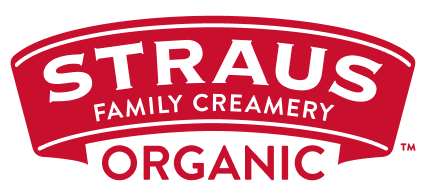Honorable Members of Parliament,
We, the undersigned organizations and individuals, represent a broad cross-section of the North American food and agriculture sector. We are calling on the European Parliament to postpone the plenary vote on the Commission’s proposal to deregulate “New Genomic Techniques” (NGTs), currently scheduled for early February, as there is insufficient time to debate the remaining critical open questions and the amendments made by the European Parliament's Committee on Environment, Public Health and Food Safety (ENVI) on January 24. If passed into law, this legislation will jeopardize an increasingly global value chain for organic and non-GMO agriculture and food production.
The Proposal states,
“NGT plants that could also occur naturally or be produced by conventional breeding techniques and their progeny obtained by conventional breeding techniques (‘category 1 NGT plants’) should be treated as plants that have occurred naturally or have been produced by conventional breeding techniques, given that they are equivalent and that their risks are comparable, thereby derogating in full from the Union GMO legislation and GMO related requirements in sectoral legislation.”
The Commission’s proposal ignores the 2018 European Court of Justice ruling that confirmed that New Genomic Techniques must be subject to risk assessment, traceability and labeling. The ENVI Commission has amended the proposal, asserting,
“Category 1 NGT plants and products obtained by targeted mutagenesis and cisgenesis and related products should not be subject to the rules and requirements of the Union GMO legislation and to provisions in other Union legislation that apply to GMOs.”
We urge you to reject this deregulation attempt and misleading redefinition of GMOs. The E.U. has set the global standard for the regulation of GMOs in the global food system. That is now in serious jeopardy. Based on arbitrary distinctions between GMOs, this disregards the Codex Alimentarius definition of biotechnology and the Cartagena Protocol’s precedent; it will introduce a new legal regime that will result in widespread confusion and likely litigation.
Moreover, the proposal's omission of adequate coexistence measures for agriculture and food production, both with and without new GMOs, undermines the assurance of freedom of choice. This, coupled with the proposal’s insufficient amendments to patentability laws, means that breeders, farmers, and food companies may not be able to effectively exclude NGTs and could consequently face potential patent infringement proceedings.
Collectively, the North American organic and non-GMO market is valued at USD $100B.
In order to protect the integrity of this market and the E.U.’s associated export opportunity to the U.S. and Canada, serious issues that remain unanswered in the proposed legislation must be addressed. 92% of consumers in the U.S. insist on the traceability and labeling of genetically modified foods.1 Without the implementation of such measures, the natural products industry in both the U.S. and Canada cannot procure non-GMO E.U. food and feed products with any confidence.
The E.U. currently produces about 20% of the global food supply — nearly all of it non-GMO. The E.U.’s export markets could be severely disrupted if this proposal is adopted in its current form. Delaying the vote would allow all stakeholders to thoroughly evaluate the broad ramifications of this deregulation, including financial, environmental and social risks.
We urge you to advocate for maintaining regulation of NGT1s in order to preserve the integrity of E.U. organic and non-GMO production and exports. Stand firm to uphold the Precautionary Principle in service of biosafety, and freedom of choice for farmers, the food industry, and consumers. At a time when new technologies such as artificial intelligence and CRISPR are proliferating concurrently and in tandem to create new forms of synthetic life, deregulation is neither prudent nor safe at this time. Government regulation is the only form of containment sufficient to monitor, test, label, and control these powerful new technologies.
Respectfully,


